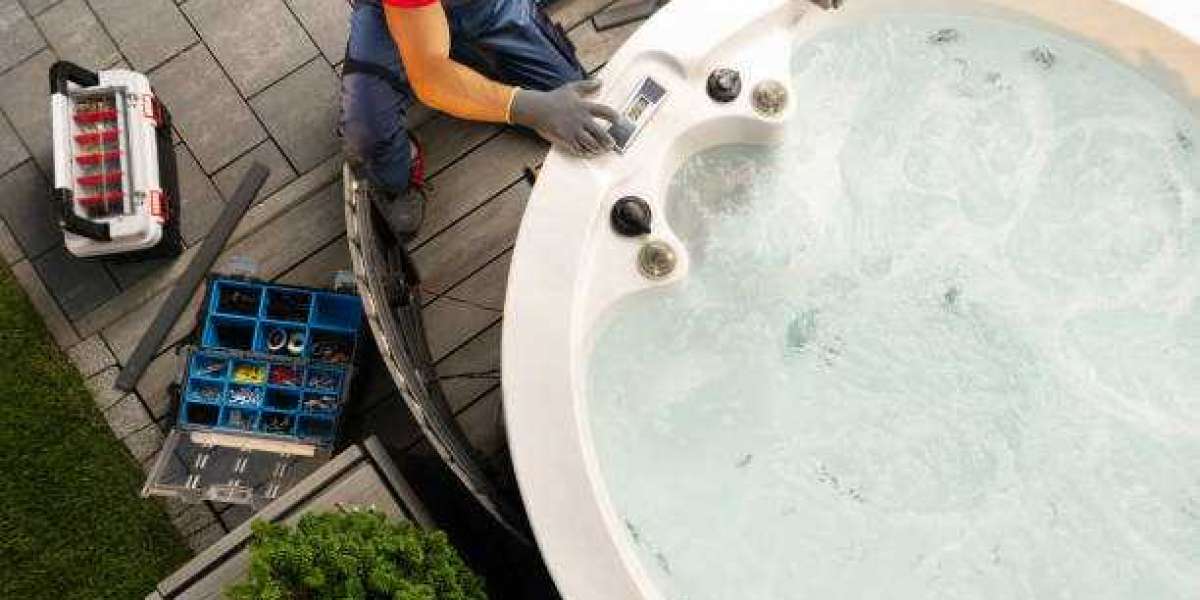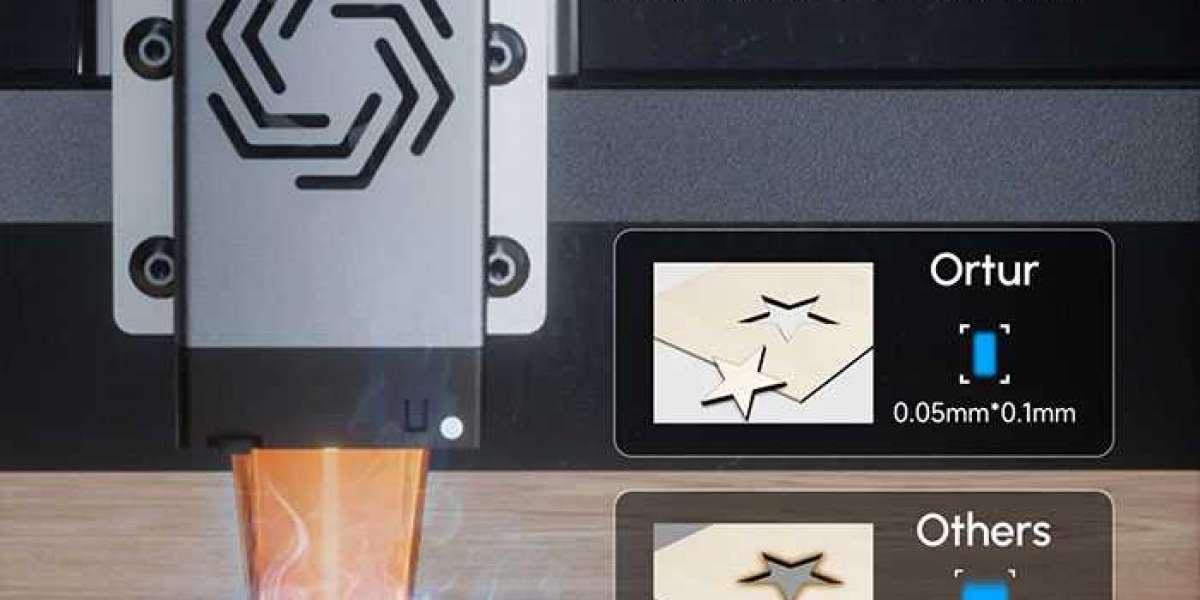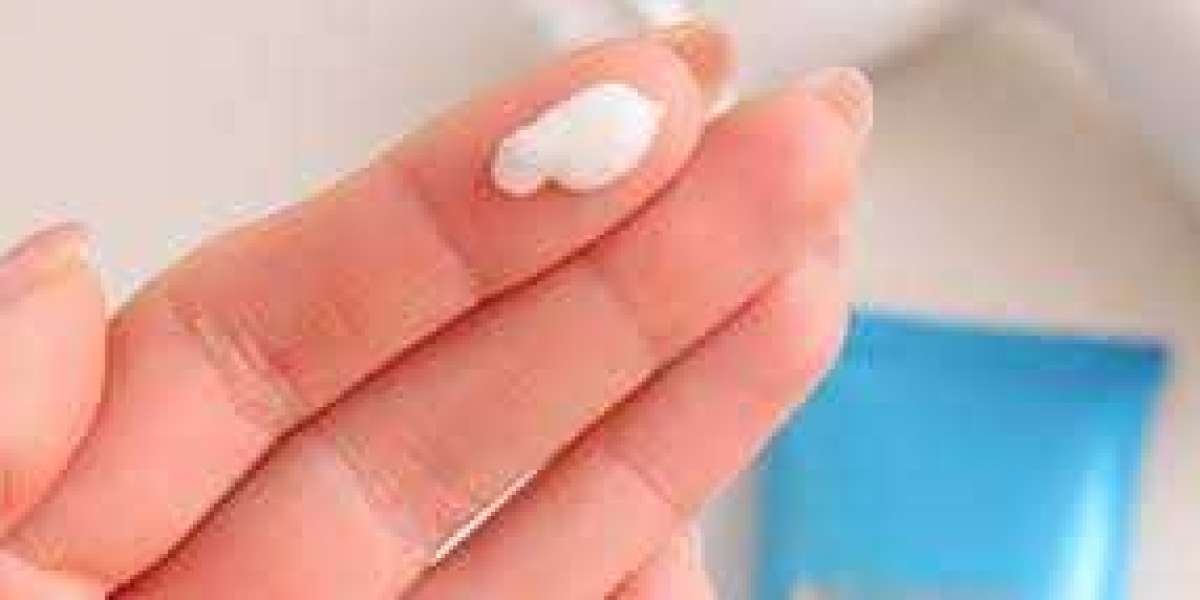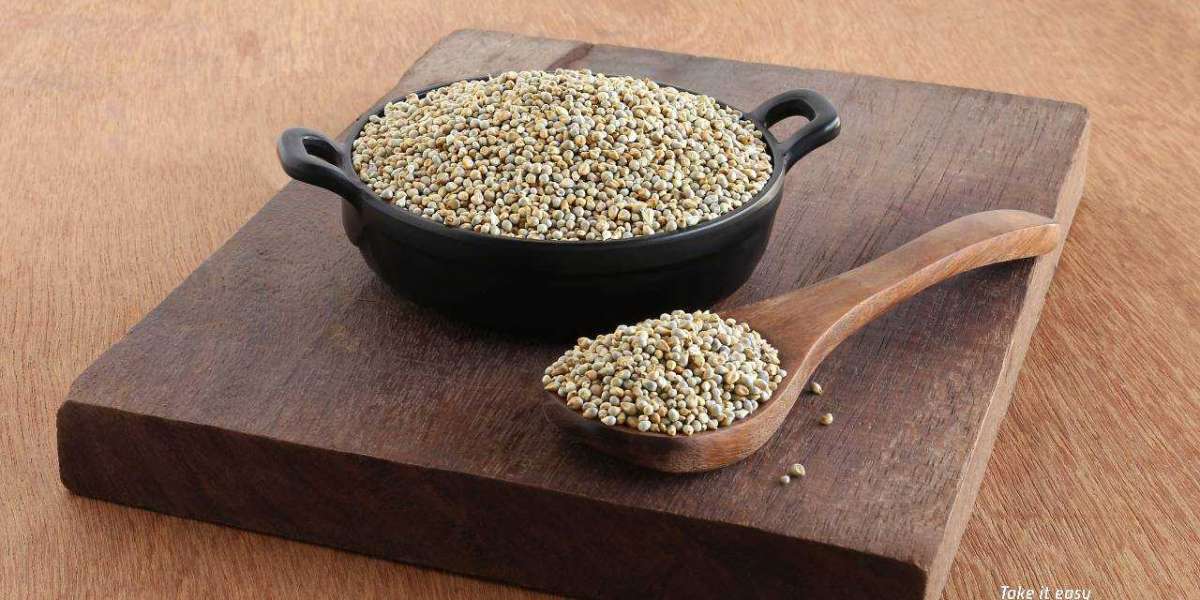Maintaining balanced water chemistry in your hot tub is critical for the safety, comfort, and longevity of your spa. Unbalanced water can lead to issues like skin irritation, equipment corrosion, and cloudy water, all of which detract from your relaxing experience. Many hot tub owners underestimate this vital aspect of hot tub care, leading to costly hot tub repairs and frequent maintenance.
In this article, we’ll dive deep into why balanced water chemistry matters, how to test your water effectively, and best practices for maintaining your hot tub’s water health.
What is Balanced Water Chemistry?
Balanced water chemistry means maintaining the correct levels of pH, alkalinity, sanitizer, and other chemical parameters to create an optimal environment inside your hot tub. It ensures the water is safe for users and protects the hot tub’s mechanical components from damage.
Key elements include:
pH level: Should be between 7.2 and 7.8. Too high causes scaling; too low causes corrosion.
Total Alkalinity: Keeps pH stable; ideal range is 80–120 ppm.
Sanitizer Levels: Chlorine or bromine kills harmful bacteria and algae.
Calcium Hardness: Prevents water from being too soft or too hard, ideally 150–250 ppm.
Why Balanced Water Chemistry Matters
1. User Safety and Comfort
Improper water balance can irritate skin, eyes, and respiratory systems. High sanitizer levels cause burning sensations, while low levels allow bacteria growth. Balanced water ensures a safe, pleasant soak every time.
2. Equipment Longevity
Water that is too acidic or alkaline corrodes pumps, heaters, and metal components, leading to premature failure. Scale buildup from hard water clogs plumbing and reduces efficiency.
3. Water Clarity and Cleanliness
Balanced water prevents cloudiness and foul odors caused by bacteria, algae, and chemical reactions. Clear water improves the spa experience and reduces cleaning time.
How to Test Your Hot Tub Water
Testing your hot tub water regularly is the first step in maintaining balance. Use either:
Test strips: Quick and easy, giving a snapshot of chemical levels.
Liquid test kits: More accurate and comprehensive for pH, alkalinity, and sanitizer.
Test your water at least once a week, or more frequently with heavy use.
Best Practices for Maintaining Balanced Water Chemistry
Regular Testing and Adjustment
Check water chemistry weekly and adjust chemicals as needed to maintain recommended levels.
Shock Treatments
Use shock treatments every 1-2 weeks or after heavy use to oxidize contaminants and refresh sanitizer effectiveness.
Proper Filtration
Regular filter cleaning helps remove debris and contaminants, supporting chemical balance.
Water Replacement
Drain and refill your hot tub every 3-4 months to prevent buildup of dissolved solids that upset chemical balance.
When to Call a Professional
If your water chemistry is consistently off despite regular adjustments, or you notice persistent problems like cloudy water or scaling, consult a professional hot tub technician. They can diagnose underlying issues and provide expert water management.
Conclusion
Balanced water chemistry is foundational to a healthy, enjoyable hot tub experience. With regular testing, proper chemical use, and routine maintenance, you can protect your investment and soak worry-free. Don’t overlook this vital aspect—your skin, spa, and wallet will thank you.
FAQs
Q1: How often should I test my hot tub water?
A1: At least once a week or more with heavy use.
Q2: What happens if the pH is too high or low?
A2: High pH causes scaling; low pH causes corrosion.
Q3: Can I use household bleach as a sanitizer?
A3: It’s not recommended; use chlorine or bromine made for spas.








